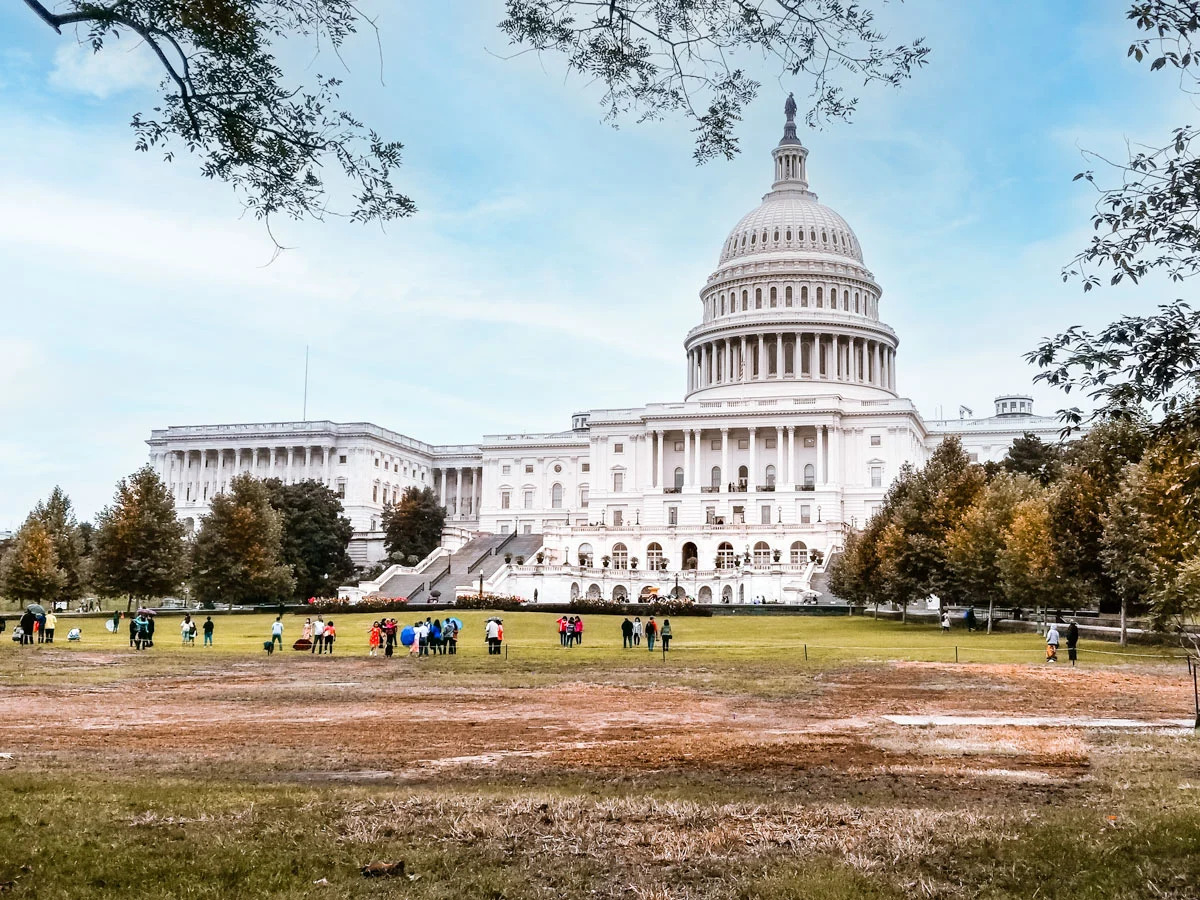When one thinks of Washington, DC, a myriad of images come to mind—political debates, historic landmarks, and a vibrant cultural scene. But have you ever paused to ponder the meaning behind the name itself? Washington, DC, stands as a symbol of governance and democracy, but what does it truly represent? In this exploration, we will delve deep into the significance of Washington DC, unraveling its name and the rich history that accompanies it. As the capital of the United States, Washington DC is not just a geographical location; it is a confluence of history, politics, and culture. This article invites you to join us on a journey to uncover the layers of meaning embedded in the name Washington DC.
In a world where names often carry profound significance, understanding what Washington DC stands for opens up a dialogue about its historical origins and its role in American society. From its inception as a federal district to its evolution into a global capital, the story of Washington DC is as complex as the nation it represents. This guide aims to illuminate the various aspects of Washington DC and what it symbolizes for both residents and visitors alike.
As we navigate through the city’s influences, landmarks, and the very essence of its name, we will also address common questions that arise regarding Washington DC. What does the ‘DC’ in Washington DC denote? How did this city become a focal point for political power? Let’s embark on this enlightening exploration of Washington DC and discover its true meaning.
What Does the 'DC' in Washington DC Represent?
The abbreviation 'DC' stands for 'District of Columbia.' It was designated as the capital of the United States in 1790, serving as a neutral ground for the federal government. The name 'Columbia' is derived from Christopher Columbus, the explorer credited with discovering the Americas. Thus, Washington DC symbolizes both the nation’s capital and its historical ties to exploration and discovery.
Why Was Washington DC Chosen as the Capital?
The selection of Washington DC as the capital was not arbitrary; it was a strategic decision influenced by various factors:
- Geographical Location: Situated between the northern and southern states, it served as a compromise location.
- Political Neutrality: Being on the Potomac River, it was positioned away from the major cities of the time, reducing regional bias.
- Symbolic Significance: Named after George Washington, it reflected the ideals of the new nation.
What Role Does Washington DC Play in American History?
Washington DC serves as a pivotal backdrop for numerous historical events in American history. From the drafting of the Constitution to the civil rights movement, the city has been a stage for significant milestones. Key landmarks such as the Capitol Building, the White House, and the Lincoln Memorial not only represent the government but also embody the struggles and triumphs of the American people.
How Does Washington DC Reflect American Values?
Washington DC is often seen as a microcosm of American values. The city embodies principles such as democracy, freedom, and justice. The presence of institutions like the Supreme Court and the Library of Congress highlights the commitment to uphold these values. Furthermore, the city's diverse population reflects the melting pot that is America, showcasing a variety of cultures and perspectives.
What Are the Key Landmarks in Washington DC?
Washington DC is home to numerous landmarks that contribute to its identity. Some of the most iconic include:
- The White House: The official residence of the President of the United States.
- The Capitol Building: Where Congress convenes and legislation is crafted.
- The Lincoln Memorial: A tribute to President Abraham Lincoln and a symbol of unity.
- The Washington Monument: An iconic obelisk dedicated to George Washington.
How Does Washington DC Celebrate Its Culture?
Washington DC is not just a political hub; it is a vibrant cultural center that celebrates the arts, history, and diversity. The city hosts various festivals, exhibitions, and events throughout the year:
- The National Cherry Blossom Festival: Celebrating the blooming of cherry blossom trees, a gift from Japan.
- Smithsonian Institution: A network of museums offering free access to art and history.
- DC Jazz Festival: Showcasing local and international jazz musicians.
What Is the Future of Washington DC?
As we look ahead, Washington DC continues to evolve. Discussions around statehood, the role of technology in governance, and the city’s cultural landscape are shaping its future. The ongoing debates about representation and the rights of its residents highlight the complexities of being a federal district.
What Makes Washington DC Unique?
Washington DC is unlike any other city in the United States. With its blend of politics, history, and culture, it stands apart as a unique entity. Its status as the nation's capital, along with its rich tapestry of stories and experiences, makes it a fascinating place to explore and understand.
Conclusion: What Does Washington DC Stand For Today?
In summary, Washington DC stands for much more than just a location. It represents the heart of American democracy, a testament to the nation's ideals, and a vibrant culture that continues to flourish. Whether it’s through its historic landmarks, its role in shaping policy, or its celebration of diversity, Washington DC remains a symbol of what America strives to be. As we reflect on the question of "Washington DC, what does it stand for?" we find that its essence lies in the pursuit of liberty, equality, and the ongoing journey of a nation.



